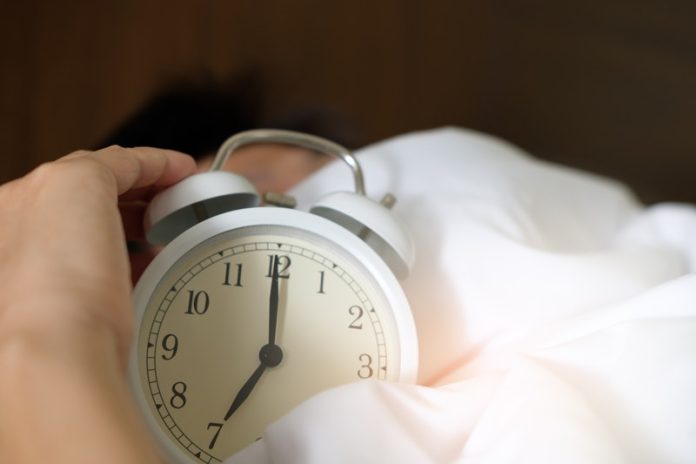
Having a good night’s sleep is always nice, but it turns out it’s not just about feeling fresh and alert the next day.
A group of researchers recently discovered that quality sleep might help protect your kidneys, particularly for those dealing with a condition called chronic kidney disease (CKD).
This interesting finding was announced at a huge event called the American Society of Nephrology Kidney Week, held in Chicago, IL back in 2016.
Now, we already knew that people with CKD often have problems sleeping, but what we didn’t know was if poor sleep could actually make their kidney disease worse.
To dig deeper, Dr. Ana C. Ricardo from the University of Illinois at Chicago and her team decided to run a study.
They asked 432 adults with CKD to wear a wrist monitor for about a week. This gadget was able to measure how long they slept each night, and how often they woke up. The team then followed the health of these participants for a median of 5 years.
On average, participants clocked in about 6.5 hours of sleep each night. During the follow-up period, sadly, 70 of them experienced worsening kidney function (known as kidney failure) and 48 individuals passed away.
The team then adjusted their data to account for things like age, weight, blood pressure, and whether participants had diabetes or heart disease, among others.
After this, they found that for each extra hour of sleep at night, the risk of kidney failure dropped by 19%. They also discovered that better sleep quality mattered too.
If the sleep was disturbed and broken up, each 1% increase in this sleep fragmentation led to a 4% higher risk of kidney failure.
What’s more, those who felt sleepy during the day were 10% more likely to die during the follow-up period compared to those who didn’t feel this daytime drowsiness.
According to Dr. Ricardo, not getting enough sleep or having broken sleep are significant but often overlooked risk factors for the progression of CKD. She stressed, “Our research adds to the growing understanding of how important sleep is for kidney function.
It highlights the need to create and test ways to improve sleep habits in people with CKD.”
So next time you plan to pull an all-nighter, remember that a good night’s sleep could be a key to maintaining your kidney health!



